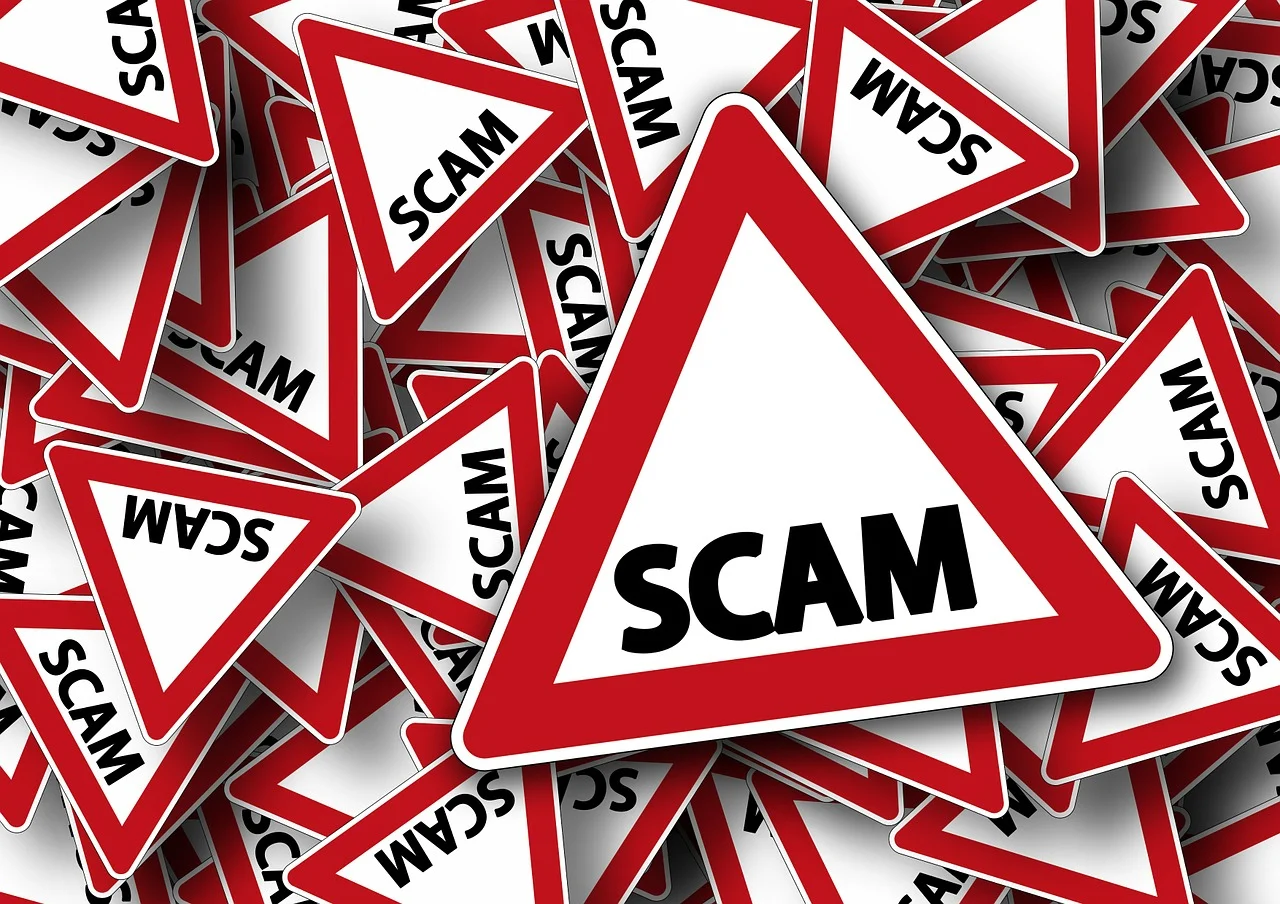In News
- The Centre recently notified the Rules required to operationalise The Public Examinations (Prevention of Unfair Means) Act, 2024, the anti-cheating law passed by Parliament in February.
About Rules
- COMPUTER-BASED TEST: The Rules lay down full parameters of Computer Based Tests (CBT) — from the registration of candidates, allocation of centres, and issue of admit cards to the opening and distribution of question papers, evaluation of answers, and the final recommendations.
- The opening and distribution of question papers…means downloading the question paper from the main server to the local server in the public examination centre,…uploading and digitally transferring the question papers to individual computers authorised for the candidates.
- The central government’s National Recruitment Agency shall prepare the norms, standards, and guidelines for CBTs in consultation with stakeholders. Once finalised, these norms will be notified by the Centre.
- The notified norms, standards, and guidelines shall cover both physical and digital infrastructure and activities, including the standard operating procedure (SOP) for registration of public examination centres; space requirements at CBT centres and layout of seating; specifications and layout of computer nodes, server and network infrastructure, and the electronic platform; candidate check in, biometric registration, security and screening; setting and loading of question papers; invigilation; and all post-examination activities.
CENTRE COORDINATOR: The Rules provide for the appointment of a Centre Coordinator for Public Examinations, who may be “serving or retired employees of the Central Government, State Government, Public Sector Undertakings, Public Sector Banks, Government Universities, autonomous bodies and other Government Organisations”.
- According to the Rules, the Centre Coordinator shall be the representative of the public examination authority for coordination of activities of the various service providers and the examination authority, and for overseeing the compliance of all norms, standards, and guidelines for the exam.
- The Rules also lay down the definition of “service provider” for the purposes of the Act.
Exams covered under the law
- Section 2(k) of The Public Examinations (Prevention of Unfair Means) Act, 2024 defines a “public examination” as “any examination conducted by the public examination authority” listed in the Schedule of the Act, or any “such other authority as may be notified by the Central Government”.
- The Schedule lists five public examination authorities:
- Union Public Service Commission (UPSC), which conducts the Civil Services Examination, Combined Defence Services Examinations, Combined Medical Services Examination, Engineering Services Examination, etc.; (ii) Staff Selection Commission (SSC), which recruits for Group C (non-technical) and Group B (non-gazetted) jobs in the central government; (iii) the Railway Recruitment Boards (RRBs), which recruit Groups C and D staff in the Indian Railways; (iv) Institute of Banking Personnel Selection (IBPS), which hires at all levels for nationalised banks and regional rural banks (RRBs); and (v) National Testing Agency (NTA), which conducts the JEE (Main), NEET-UG, UGC-NET, the Common University Entrance Test (CUET), etc.
- Apart from these designated public examination authorities, all “Ministries or Departments of the Central Government and their attached and subordinate offices for recruitment of staff” also come under the purview of the new law.
- The central government can add new authorities in the Schedule through a notification as and when required.
- The law defines a “candidate” in these exams as “a person who has been granted permission by the public examination authority to appear in public examination” as well as “a person authorised to act as a scribe on his behalf in the public examination”.
Definition of Unfair means in the act
- Section 3 of the Act lists 15 actions that amount to using unfair means in public examinations “for monetary or wrongful gain”.
- These actions include: “leakage of question paper or answer key or part thereof” and colluding in such leakage; “accessing or taking possession of question paper or an Optical Mark Recognition response sheet without authority”; “tampering with answer sheets including Optical Mark Recognition response sheets”; “providing solution to one or more questions by any unauthorised person during a public examination”, and “directly or indirectly assisting the candidate” in a public examination.
- The section also lists “tampering with any document necessary for short-listing of candidates or finalising the merit or rank of a candidate”; “tampering with the computer network or a computer resource or a computer system”; “creation of fake website” and “conduct of fake examination, issuance of fake admit cards or offer letters to cheat or for monetary gain” as illegal acts.
- The Rules notified on Monday provide a detailed framework and format for reporting incidents of use of unfair means.
- If any incident of unfair means or offence…occurs, the venue in-charge shall prepare a report along with his findings in Form 1.
- The report…shall be sent to the Regional Officer through Centre Coordinator. If a prima facie case is made out for filing of First Information Report, the venue in-charge shall take necessary action,” the Rules say.
- “In case persons below the level of Management or Board of Directors of the service provider resort to unfair means…or fail to report the incident…the Centre Coordinator shall report the matter to the Regional Officer in Form 2.
- The Regional Officer shall enquire and if satisfied that representative of any service provider at examination center level is involved, he shall direct the Centre Coordinator to file the First Information Report.”
- The Rules define venue in-charge as a “person nominated by the examination conducting service provider to supervise, coordinate and manage the activities of different service providers and to ensure that the norms or standards and the guidelines notified for conduct of public examination are complied with”
Source- Indian Express





